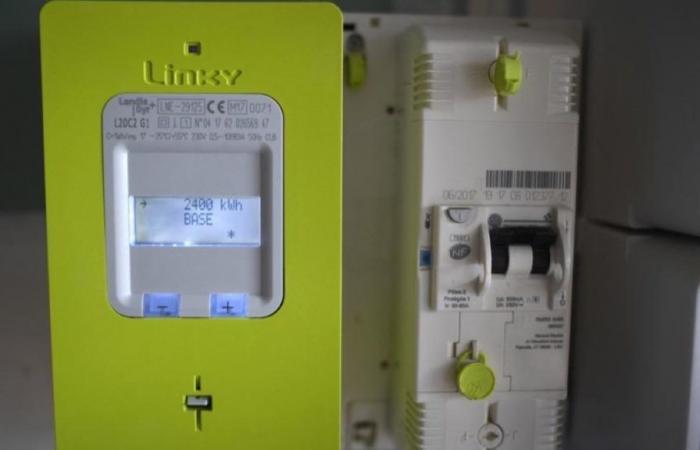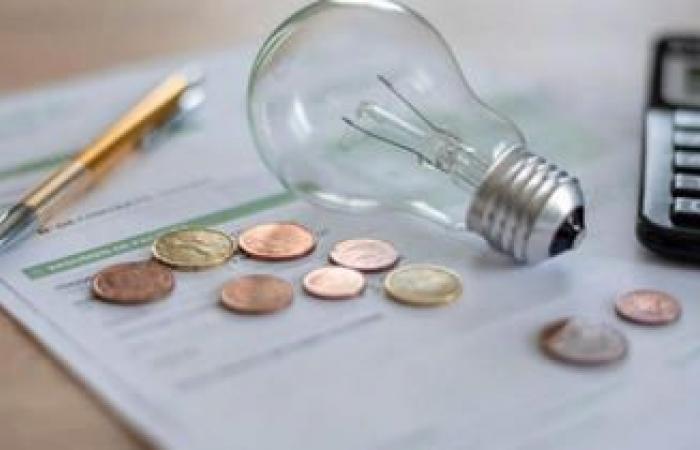A simulator allowing individuals to determine whether the power of their meter is adapted to their consumption has been launched. In certain cases, a meter not adapted to household uses can cause you to lose several tens of euros each year.
How to save electricity without changing your consumption? This is the question that the supplier Octopus Energy is trying to answer, which has launched a simulator intended for individuals so that they can evaluate the power of their meter. According to the supplier, a meter that is not adapted to a household’s consumption would contribute to increasing its annual bill by several tens of euros.
And for good reason: when subscribing to a contract with an electricity supplier, you are systematically asked to choose the calibration of the meter, with powers that can range from 3 to 12 kVa. The kilovolt-ampere (kVa) is the unit of power supplied by an electric meter. However, it is difficult to choose the right power before having carried out a simulation of the household’s electrical needs. This is the reason why the number of equipment that uses electricity is regularly asked before signing a contract, but this method remains imprecise.
It is for this reason that Octopus Energy launched its “Opti’COmpteur” tool on Tuesday October 8. This “free and accessible to all” service allows you to determine “the ideal power in relation to your real needs”, explains Octopus on its website. To obtain this figure, the supplier relies on the Linky meter. “If the customer gives his consent, we will analyze his consumption and in particular the maximum power subscribed,” we can read on the site. “We will analyze its consumption during a winter and then we will determine the necessary power,” it is written.
More than one meter in two could be optimized
And the results are already convincing. According to the supplier, more than half (56%) of the meters already analyzed by Octopus could be optimized, with an average potential gain of around 26 euros per year. Furthermore, the supplier points out that optimization is all the more profitable as each household pays 15 euros more per year for each excess subscribed kVa. So much so that for a household having opted for a power of 6 kVa when 3 is enough, 45 euros can be saved without making the slightest effort at energy conservation.
However, very often the difference is not that big and after analysis, the power can be lowered by only one or two kilovolt-amperes so as not to compromise the energy security of the household. Indeed, if the power drawn by the home exceeds that of the meter, the property is plunged into darkness. But here again, Octopus has foreseen this, by allowing households – something still rare on the French market – to subscribe to more precise powers – ranging from 1 to 12 – and not only according to multiples of 3 – 3, 6 , 9 or 12 kVa.
“The time for circuit breakers adjusted by screwdriver is over, it is entirely possible to offer such precision,” specifies the group’s co-director, Lancelot d’Hauthuille. “Few suppliers offer this precision because they do not see a direct interest in it. This requires establishing more price scales and modifying hard-coded computer systems. Only the customer benefits from this granularity,” he concluded.







